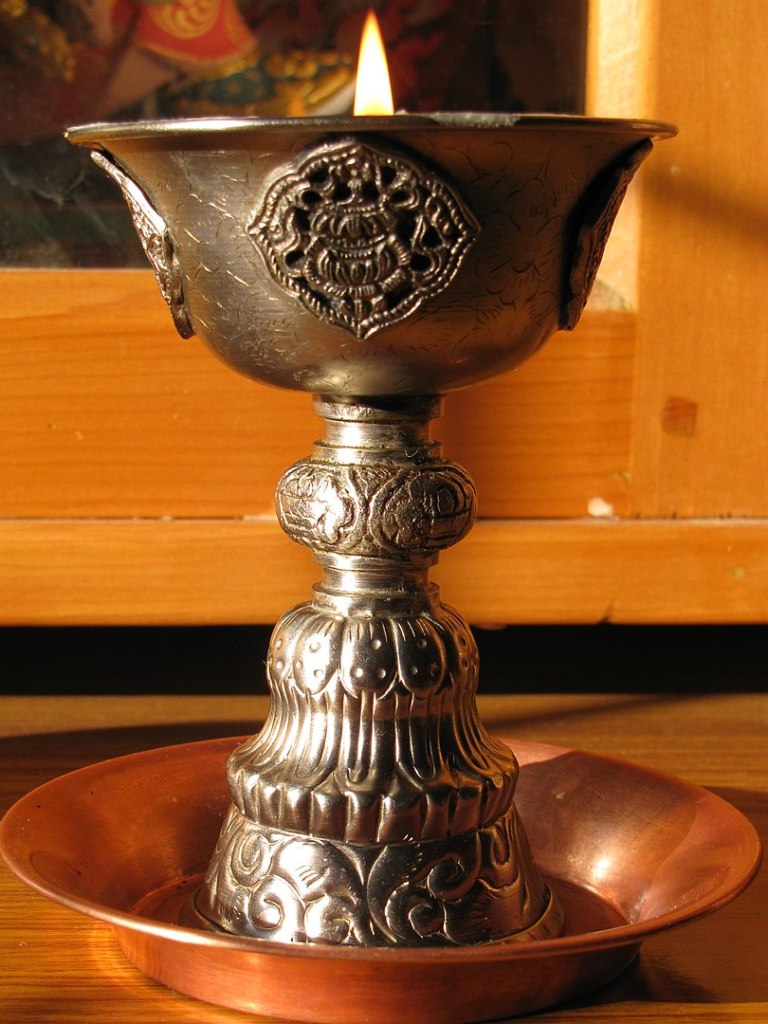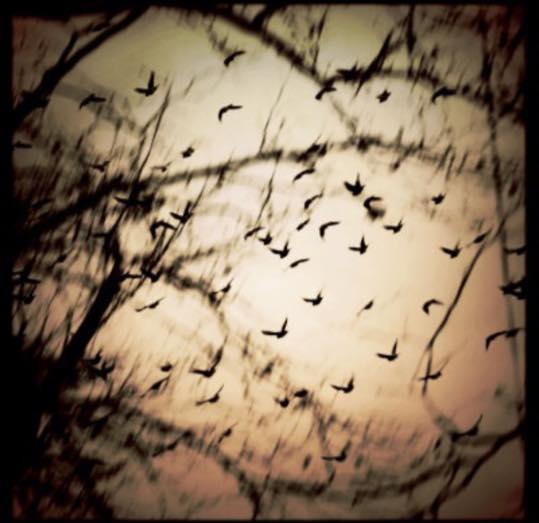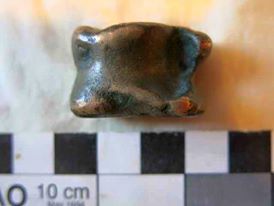
A single burning marmé མར་མེ or Tibetan butter lamp. Photo courtesy of Chris Fynn – Own work, CC BY-SA 3.0, https://commons.wikimedia.org/w/index.php?curid=9427366.
I haven’t posted any translations or blah blahs on here for quite some time. The twenty-somethings in my life seem to view maintaining a blog with the same blend of emotions that I’d view someone who still owned and regularly fed a Tamagotchi. But since I’m not ready for shortform video formats and don’t see myself going for a Podcast-Patreon combo right now, here I am again, punching at my keyboard and making words on WordPress. Maybe some of you will read them. Maybe blogs will soon be cool again along with Tamagotchis and everything else from the late 90s and early 2000s. Who can say? At any rate, I have a bunch of half-finished posts to share, so I thought I’d try to build momentum again by ignoring all of those and sharing a translation I made of a Tibetan text on butter lamp divination I came across instead.
I’ve written about divination here before (see my post on Tibetan prayer-bead divination, knuckle bone divination, and this post on Somali geomancy, for example) and it’s honestly one of my favourite topics to talk and think about (I would say that divination is also one of my favourite things to do as well but that’s more complicated. I love the art of divination and I’ve been doing it for a long time, since before I hit puberty or started cooking my own meals. Divinatory procedures never cease to thrill and amaze me. Studying and practicing divination is a big passion. Even so, the divinatory process and encounter is still something I approach with trepidation, are things that remain strange and fraught to me. I try not to enter into divination lightly – as happy as I am when readings can help clients gain confidence, clarity, and navigate life better, I still approach them with a certain amount of trepidation. I am awed by how accurate and insightful divinatory processes can be but I am also troubled by the potential misuse of divination and am aware of the great responsibility involved in making use of it as a form of prediction and pastoral care. So, ‘enjoy’ is a bit misrepresentative. Maybe appreciate is better).
Anyway, with that preamble, let’s get into the butter lamp divination text which I’ve translated below. This text, which has no formal title, is one of several texts on interpreting signs and omens which appears in the sungbum གསུང་འབུམ or collected works of Ju Mipam Rinpoche, a.k.a. Jamyang Namgyel Gyatso (1846 – 1912).






 had a dream in which a young Tibetan refugee woman was doing mo for clients. To ‘do mo’, ༼མོ་རྒྱག་པ་༽ ‘moh gyap pa’, means to tell the future, and over the centuries various divinatory systems, such as throwing dice, counting rosary beads, observing animal auguries, consulting spirit oracles, reading the pattern of rice on a drum skin, interpreting dreams, and scrying with brass mirrors to see visions, have played an important role in Tibetan civilization. In my dream I did not initially realize I was in a མོ་རྒྱག་ས་, a place of divination. I was in a dimly lit, low-ceiling-ed room – a number of individual computers stations were set up with chairs like in an Internet cafe and there were booths and tables dispersed around the screens padded in cheap blue, orange, and black imitation-leather like in some kind of diner (there was indeed a kitchen of sorts, that was serving food to customers).
had a dream in which a young Tibetan refugee woman was doing mo for clients. To ‘do mo’, ༼མོ་རྒྱག་པ་༽ ‘moh gyap pa’, means to tell the future, and over the centuries various divinatory systems, such as throwing dice, counting rosary beads, observing animal auguries, consulting spirit oracles, reading the pattern of rice on a drum skin, interpreting dreams, and scrying with brass mirrors to see visions, have played an important role in Tibetan civilization. In my dream I did not initially realize I was in a མོ་རྒྱག་ས་, a place of divination. I was in a dimly lit, low-ceiling-ed room – a number of individual computers stations were set up with chairs like in an Internet cafe and there were booths and tables dispersed around the screens padded in cheap blue, orange, and black imitation-leather like in some kind of diner (there was indeed a kitchen of sorts, that was serving food to customers).